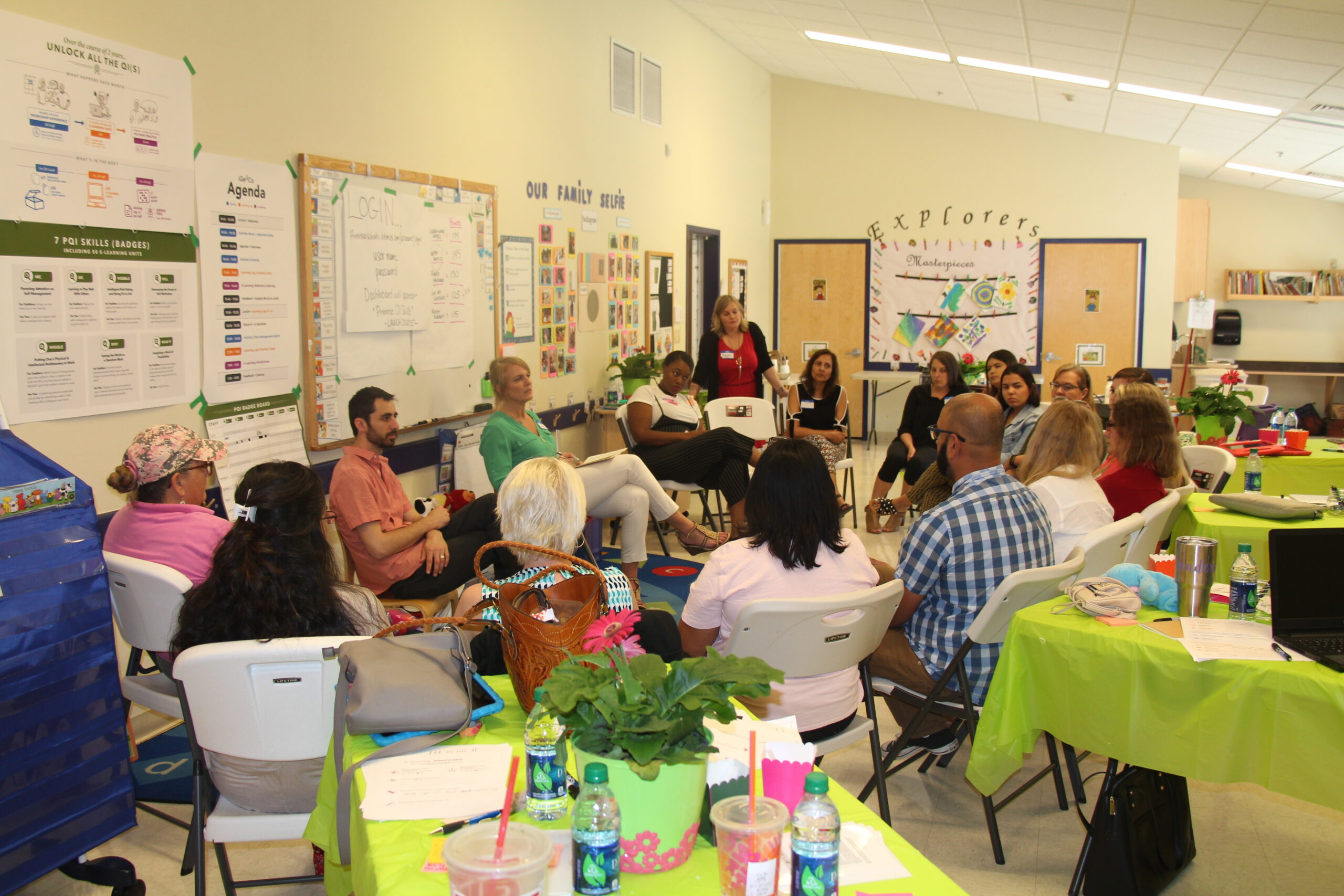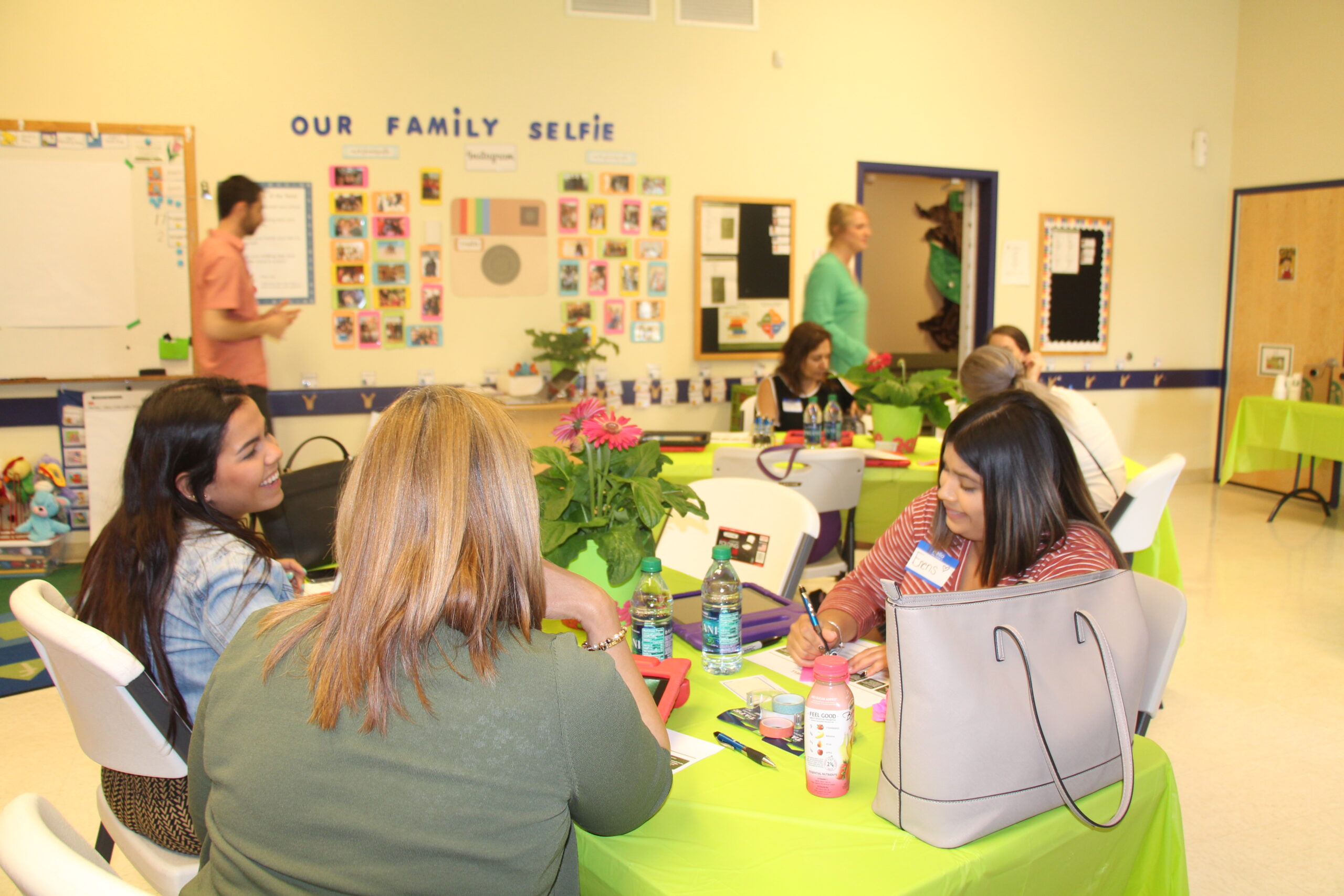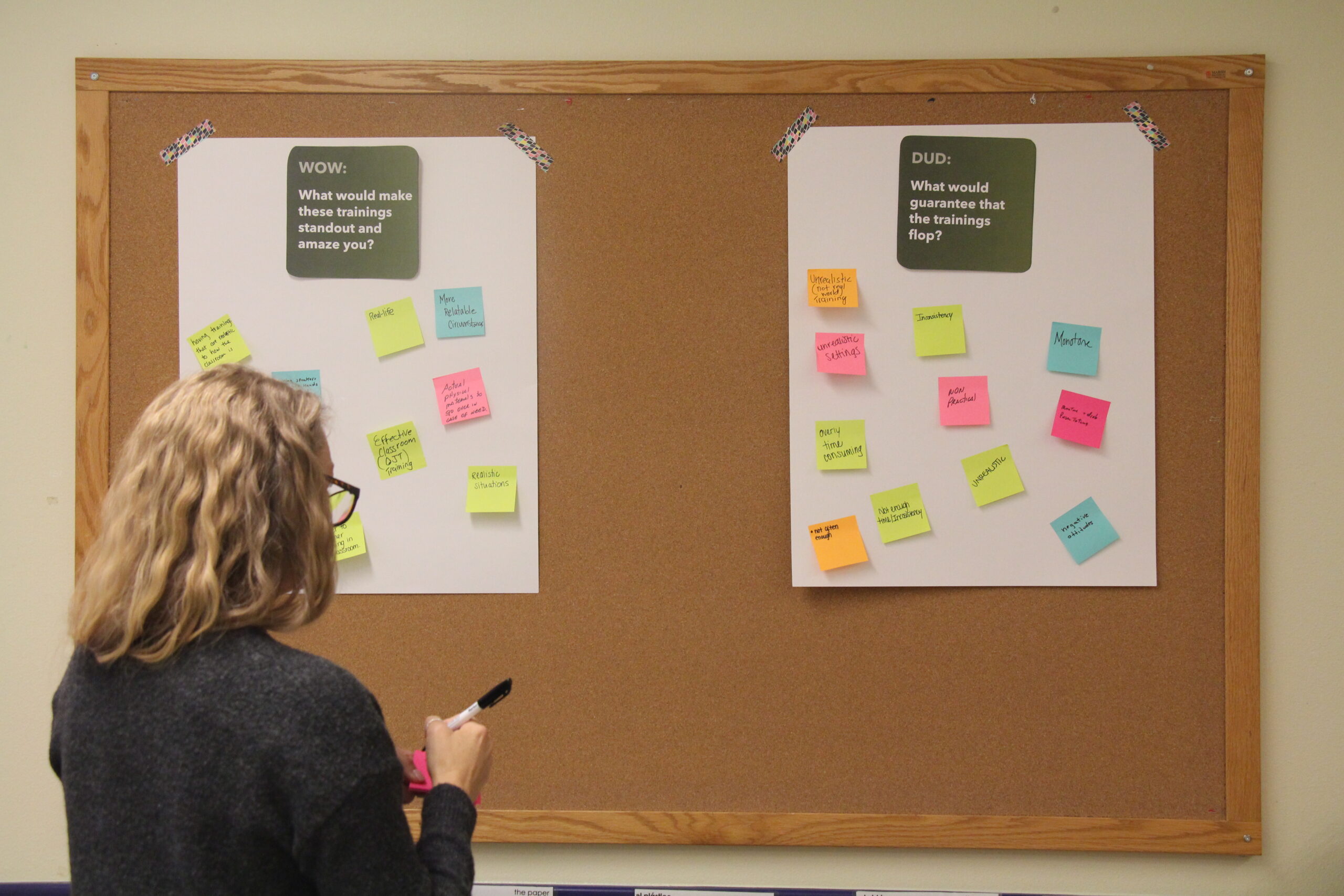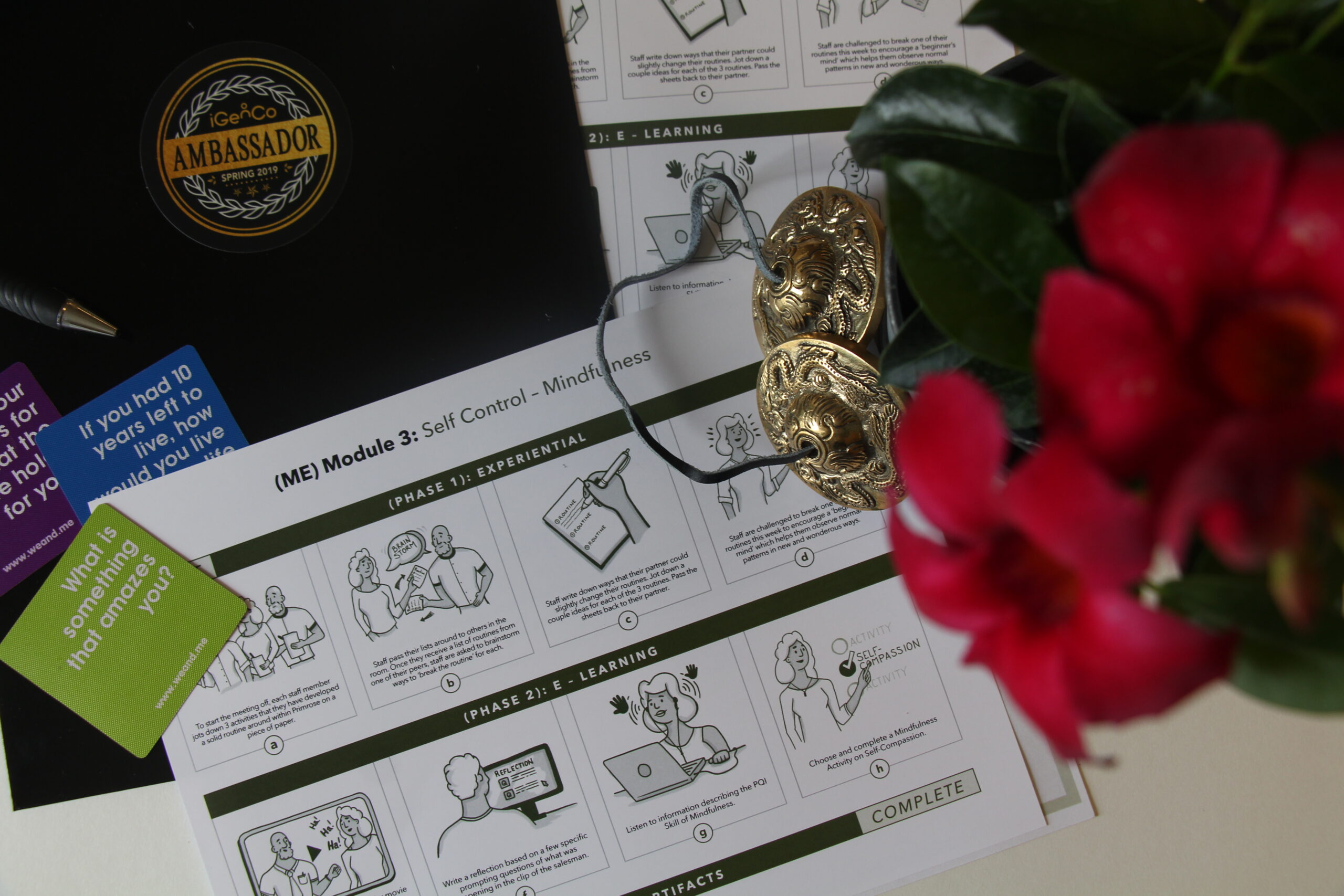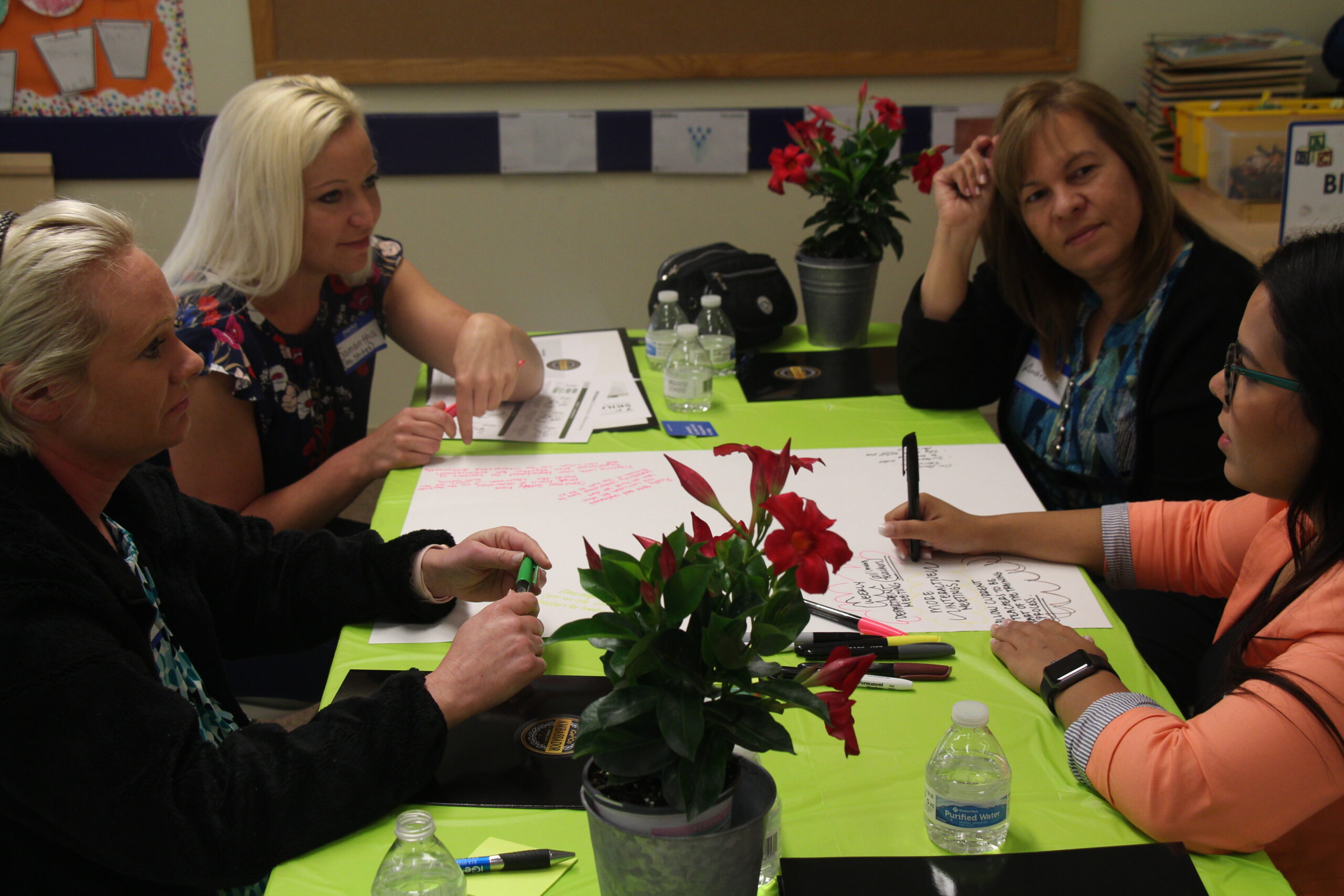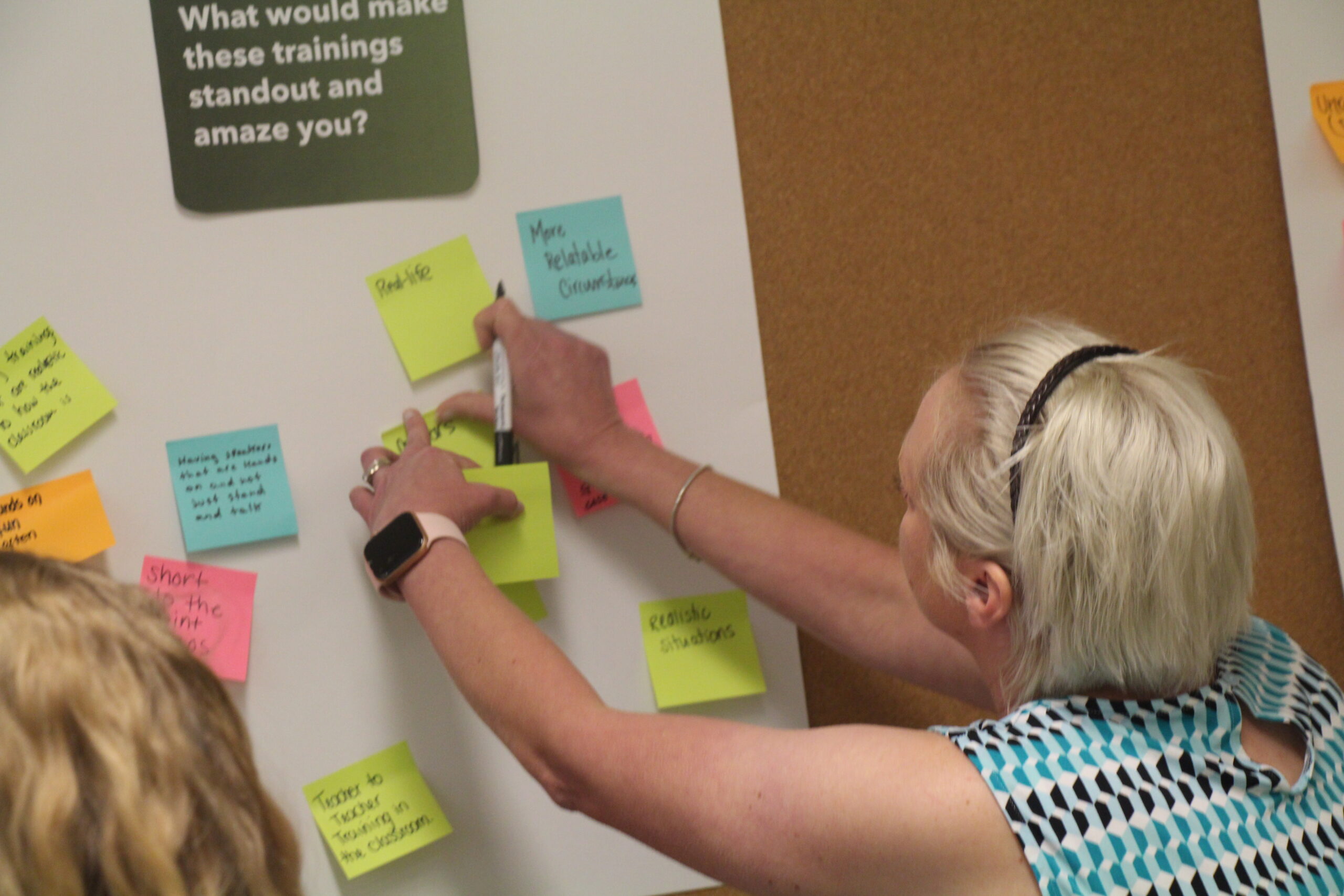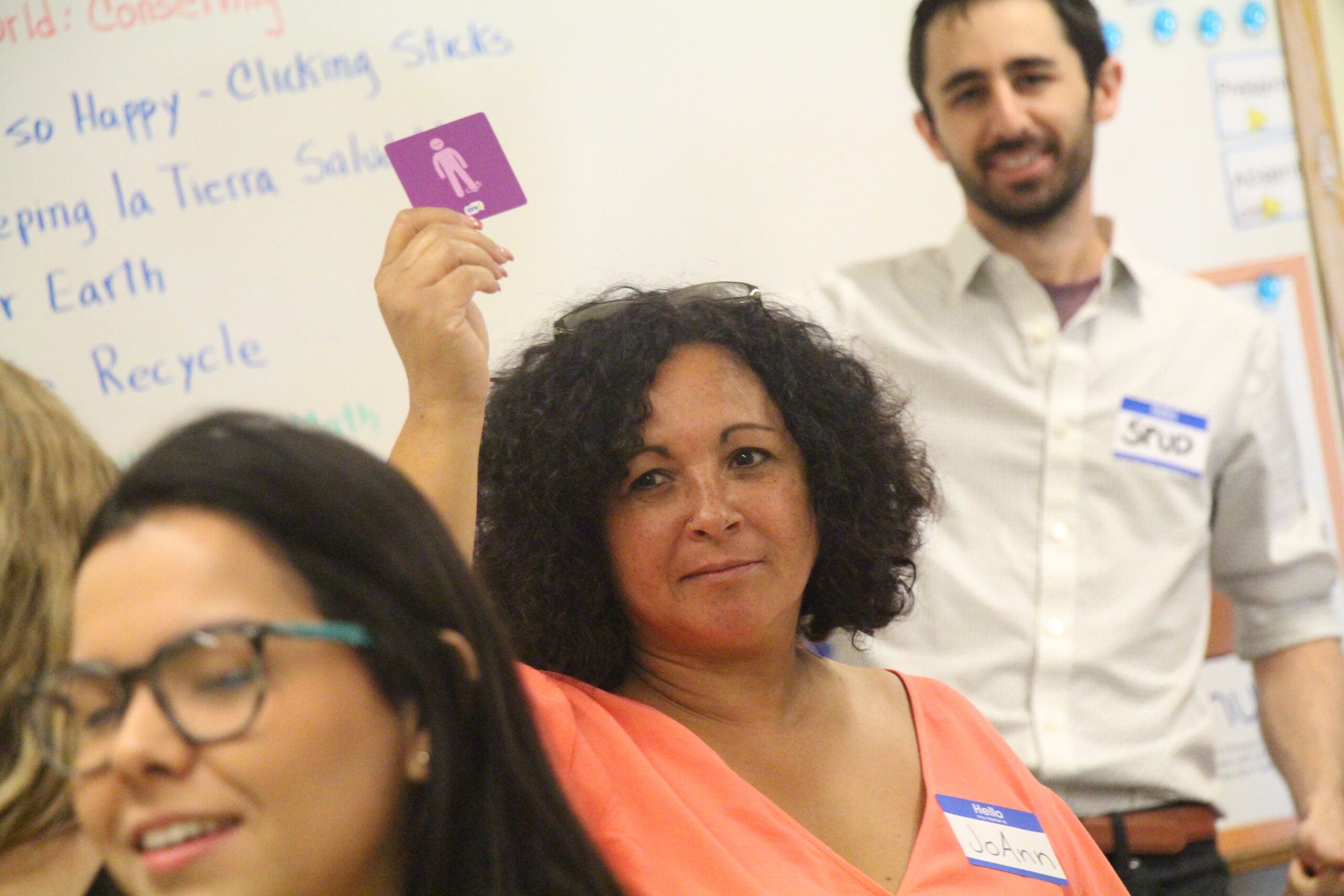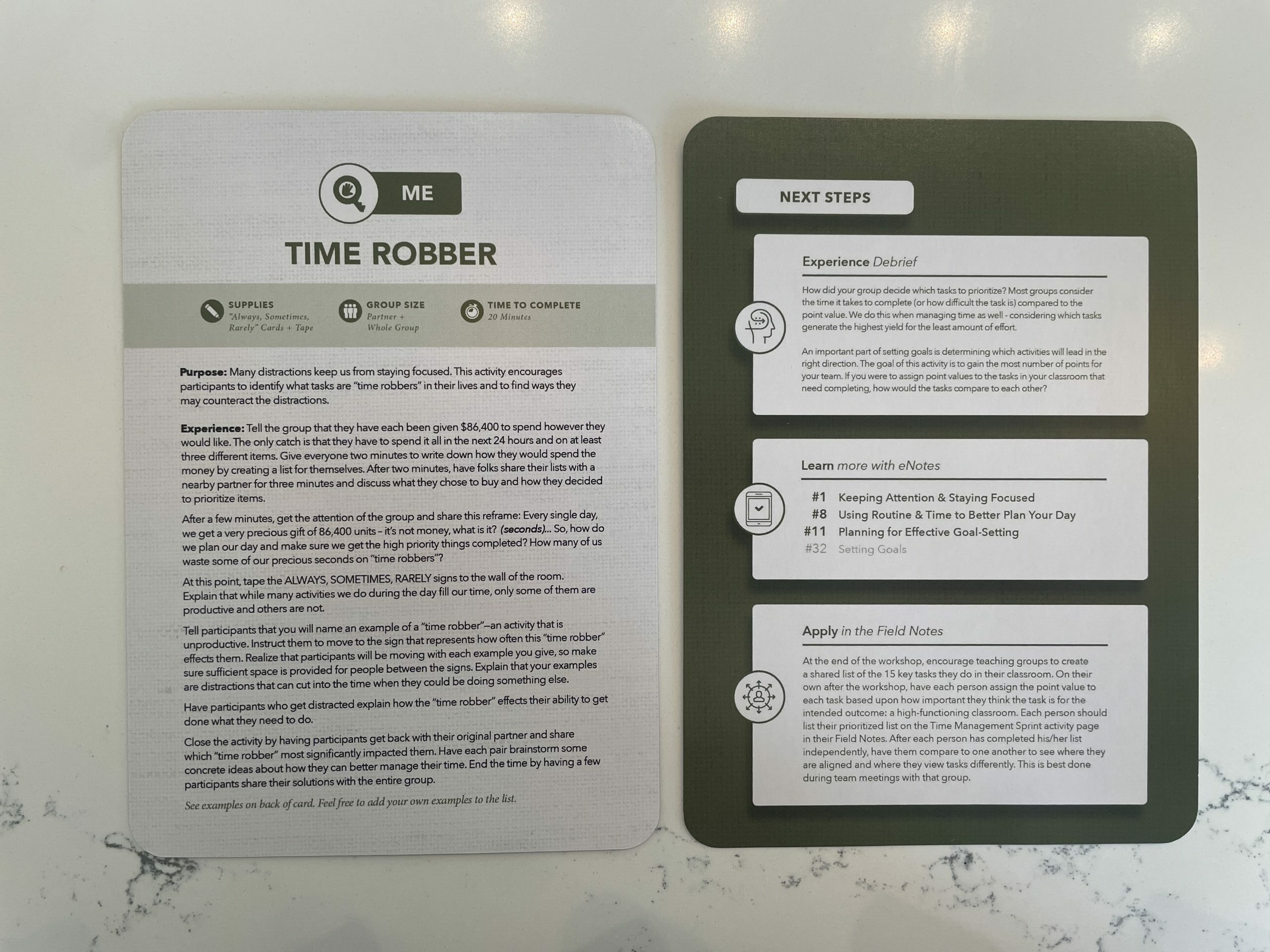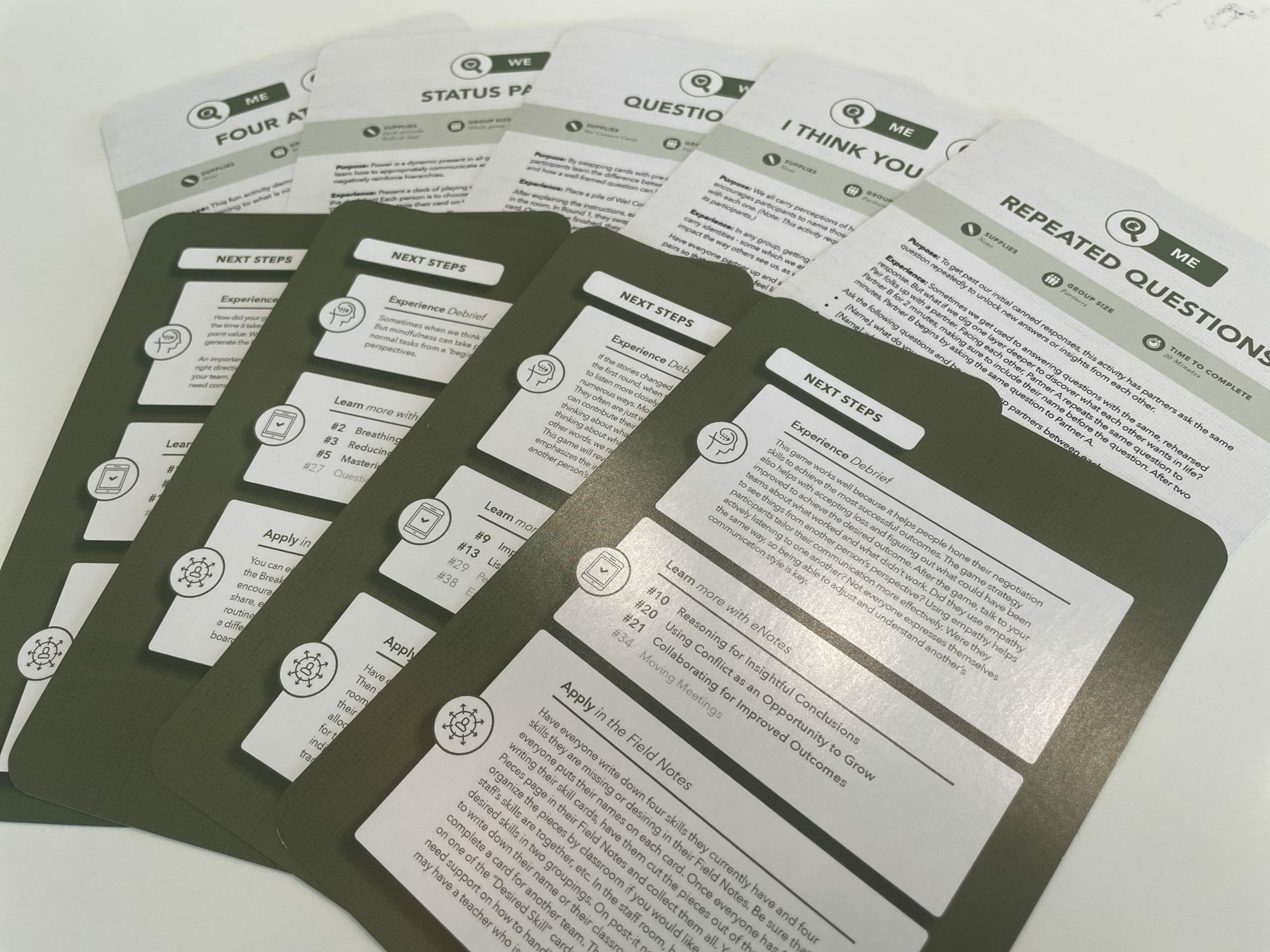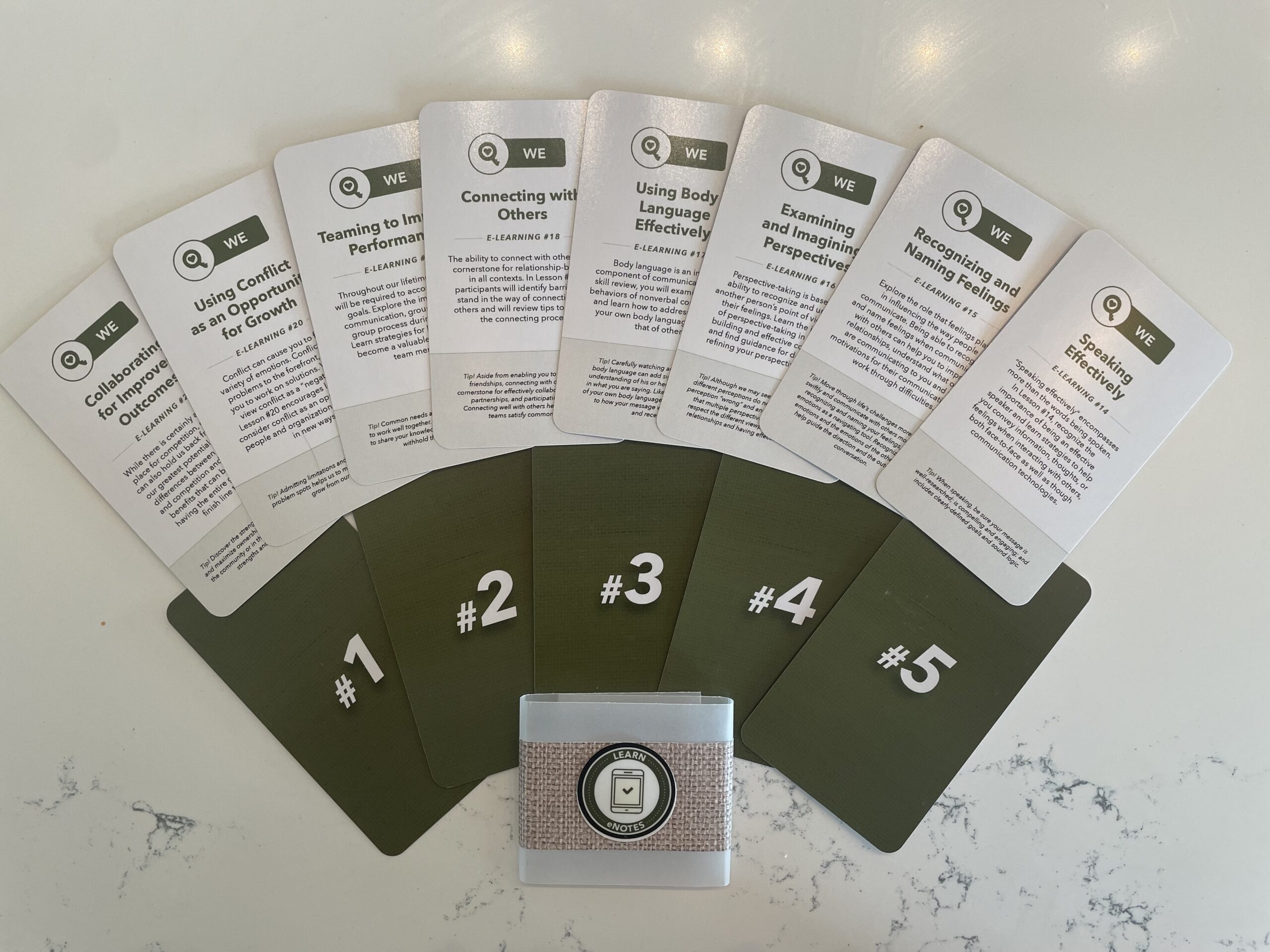
Working with Primrose, one of the country’s top pre-schools, we designed a unique professional development training, known as the Primrose QI Skills Professional Development Program (PQI).
We partnered with a team of learning designers to guide the project, which aimed to provide Primrose staff with a distinctive and engaging professional development experience.
The training was co-developed with Primrose staff after conducting a series of listening sessions across the country and developing out an ambassador program, ensuring it was both practical and impactful.
“Spud knows this material inside and out, and his demeanor in front of an audience is especially engaging. Great job!”
Greg Wolfe
Key Partner on the Project
Greg Wolfe
Key Partner on the Project
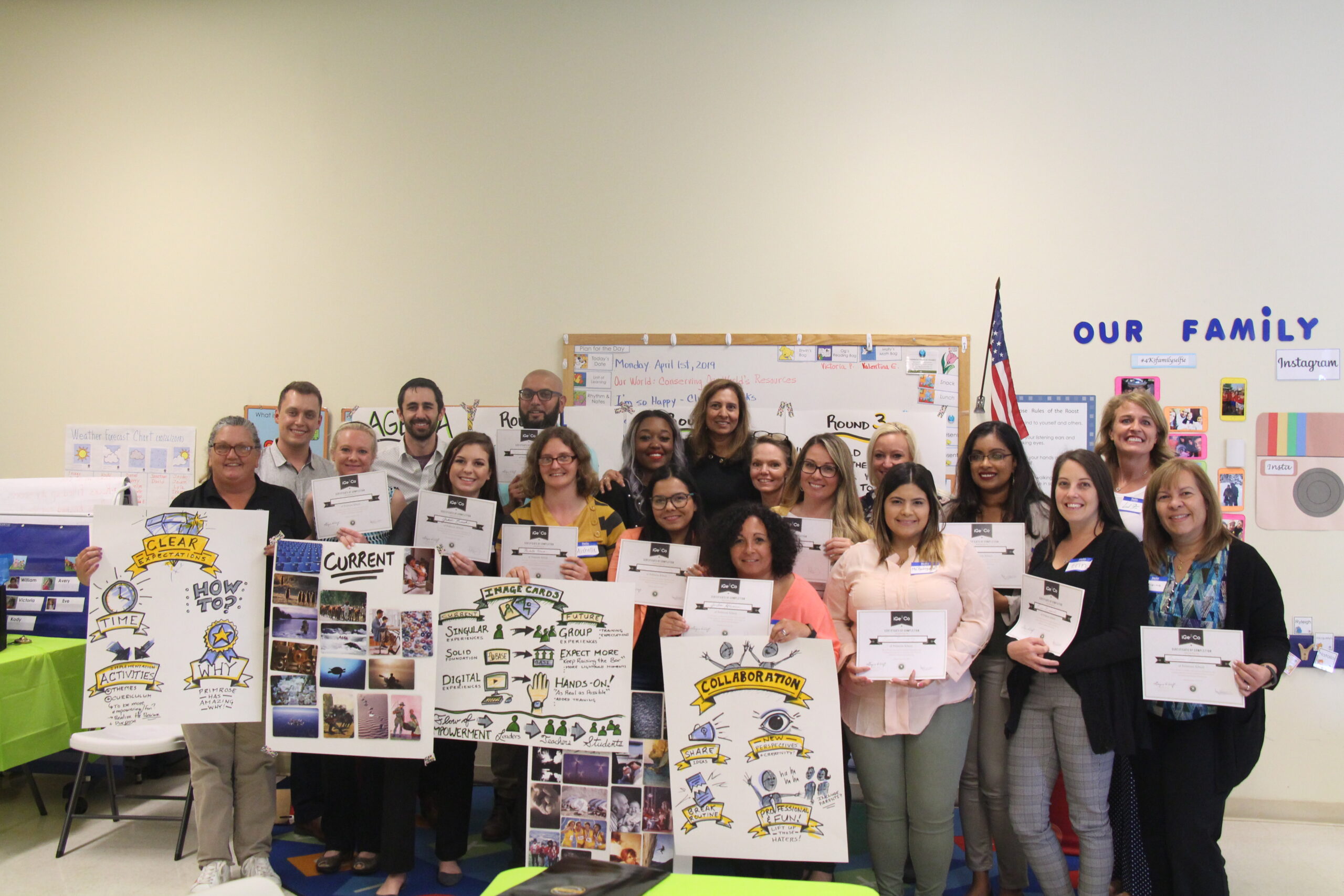
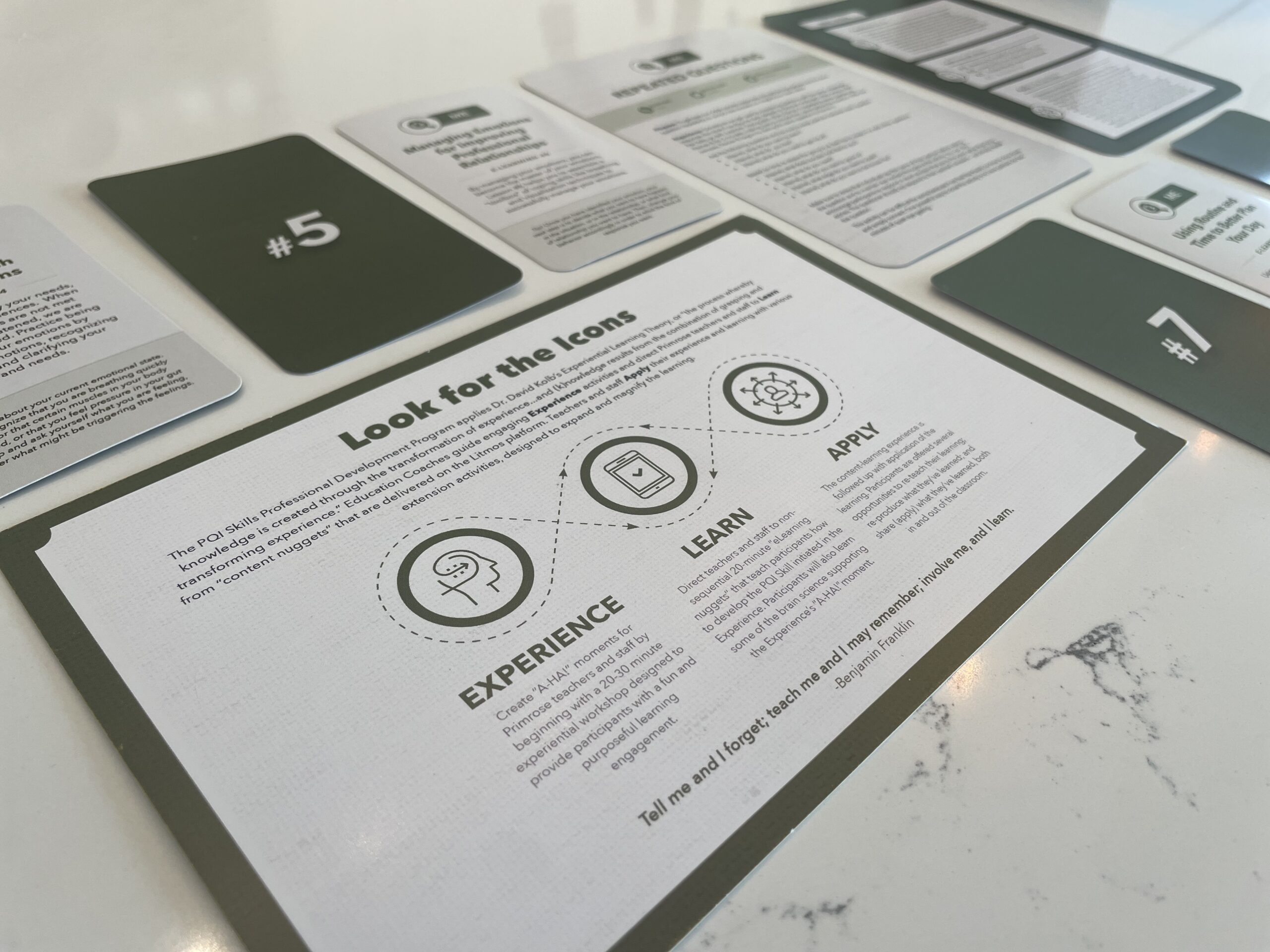
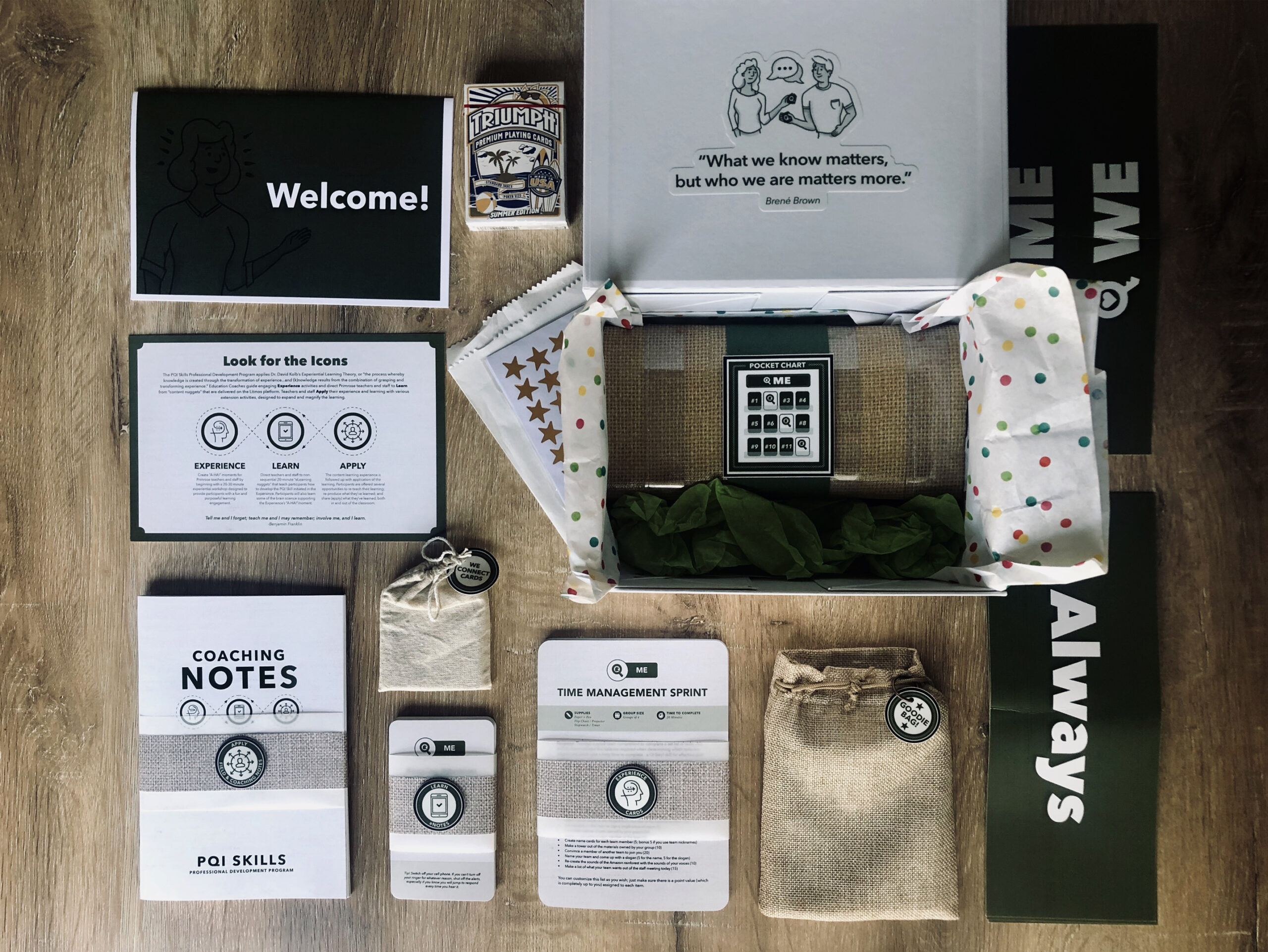
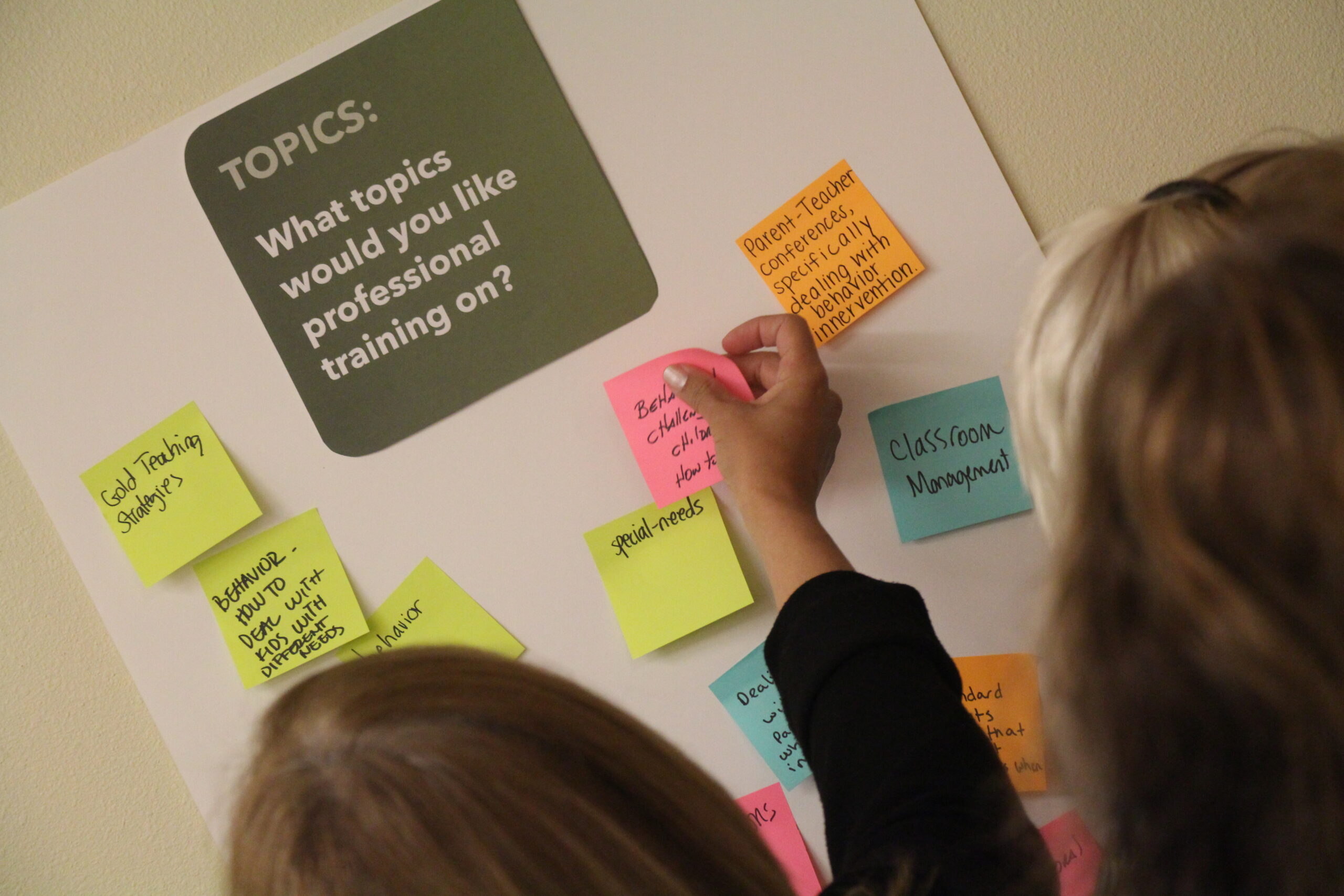
Overview of the QI Skills developed by Dr. Laura Jana
